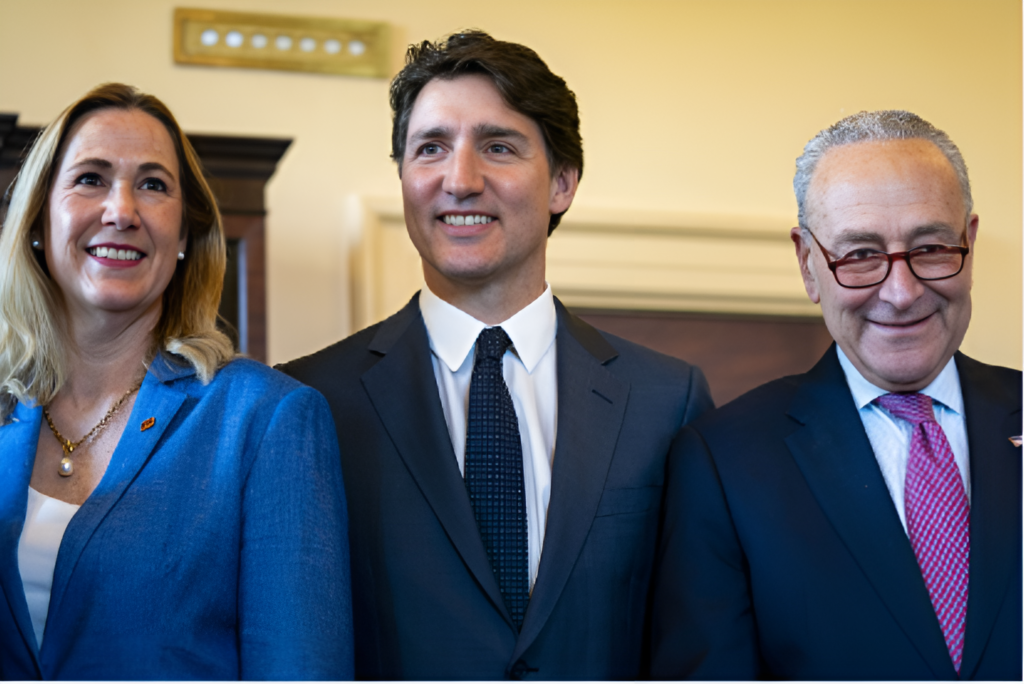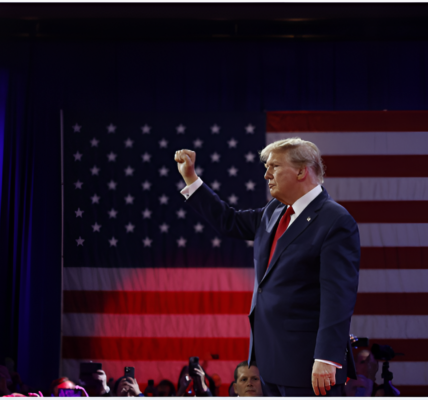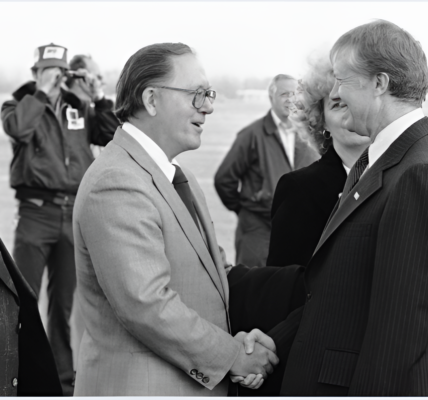
Donald Trump loves to flaunt his deal-making prowess. For allies, this often feels less like diplomacy and more like a high-stakes negotiation. Recently, Canada has found itself in Trump’s crosshairs, with the president-elect openly challenging Prime Minister Justin Trudeau on social media, dubbing him the “governor” of America’s so-called “51st State” and threatening a 25% tariff on Canadian imports over border security issues.
The tension reached a boiling point when Canada’s Deputy Prime Minister Chrystia Freeland resigned, citing Trump’s “aggressive economic nationalism” as a grave threat. Despite this turmoil, Canada’s ambassador to the U.S., Kirsten Hillman, remains unfazed. Speaking on the Playbook Deep Dive podcast, Hillman dismissed Trump’s posturing as playful banter. “I think the president-elect is having a bit of fun,” she said. “Canada can take it. We have a strong sense of who we are.”
Hillman’s confidence comes from experience. She played a key role in negotiating Canada’s terms in the United States-Mexico-Canada Agreement (USMCA) during Trump’s first term and recently attended a diplomatic dinner at Mar-a-Lago with Trudeau. For Hillman, the relationship between Canada and the U.S. is more like family — complex, occasionally combative, but deeply interconnected.
A Deliberate Strategy
Canada’s approach to the changing U.S. administration has been meticulous. Long before the election, Hillman and her team embarked on a campaign to strengthen relationships with both Republicans and Democrats, planting seeds of collaboration. “Building relationships isn’t just meeting people,” Hillman explained. “It’s about understanding their goals and showing how Canada can contribute.”
This groundwork extended far beyond Washington, reaching governors and officials in states like West Virginia, South Carolina, Texas, and Arizona — areas with significant economic ties to Canada. Hillman emphasized the importance of showcasing Canada’s role in U.S. economic and security priorities, even in states far removed from the northern border.
Trump’s Priorities: No Surprises
According to Hillman, the Trump administration’s agenda is anything but ambiguous. The priorities—border security, fentanyl control, energy dominance, and tariffs—were telegraphed during the campaign and remain consistent. “What people react to is the manner of communication,” Hillman said, describing Trump’s style as “direct, irreverent, and unsettling.”
For Canada, this directness is manageable. Hillman views Trump’s tough talk as a tool to focus attention, often leading to quicker decision-making within Canada’s bureaucracy. She points to shared concerns, such as the fentanyl crisis, where Canada is eager to collaborate with the U.S.
A Measured Response
Hillman’s pragmatic approach reflects Canada’s understanding of the complex U.S.-Canada relationship. While Trump’s rhetoric may be jarring, Hillman sees it as part of the larger diplomatic dance. “Nobody should be surprised,” she said. “We’re seeing what we thought would play out.”
By balancing preparation with adaptability, Hillman demonstrates that Canada is ready to navigate the challenges of Trump’s second term. For Canada, diplomacy isn’t about matching bluster with bluster — it’s about playing the long game.





